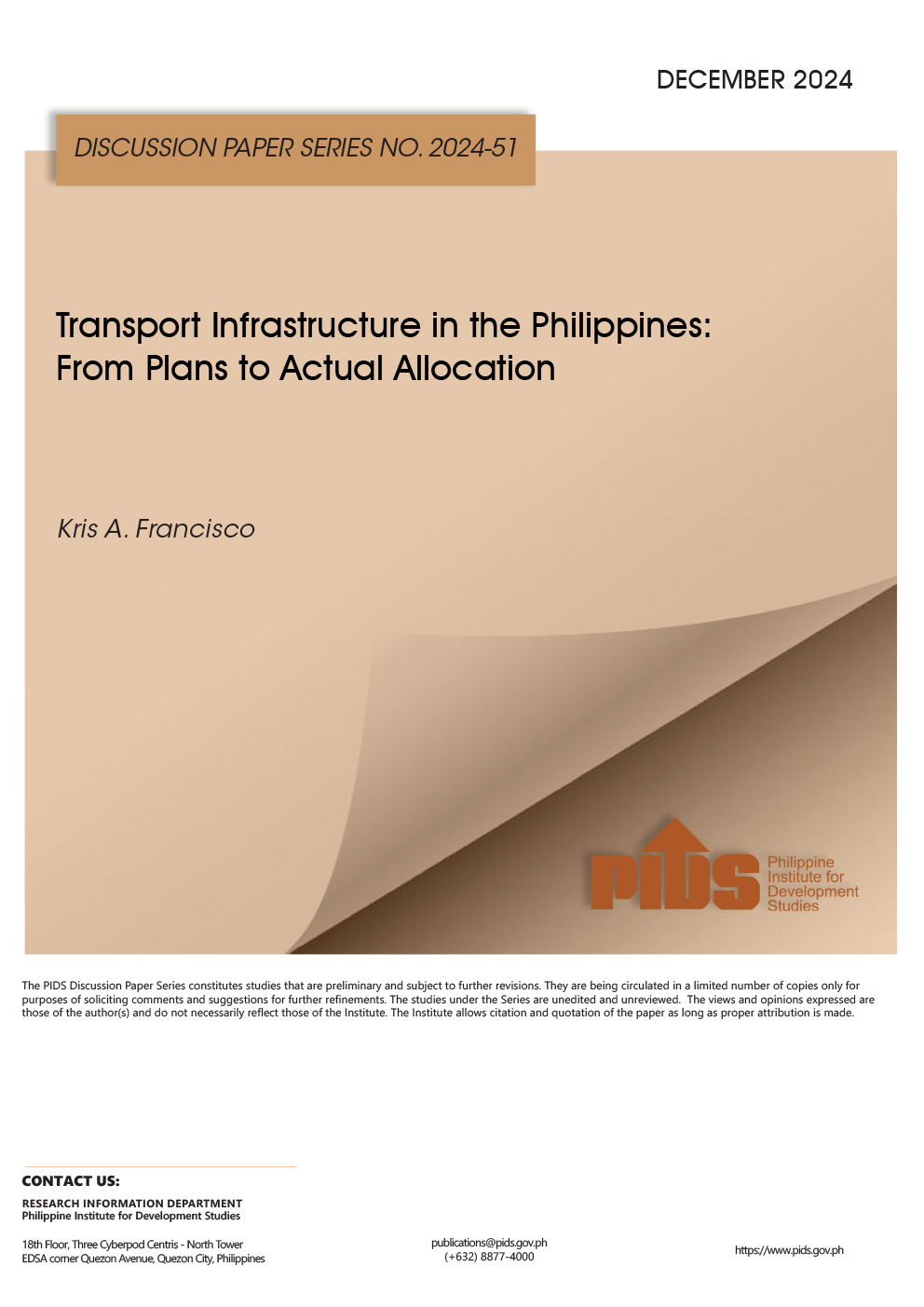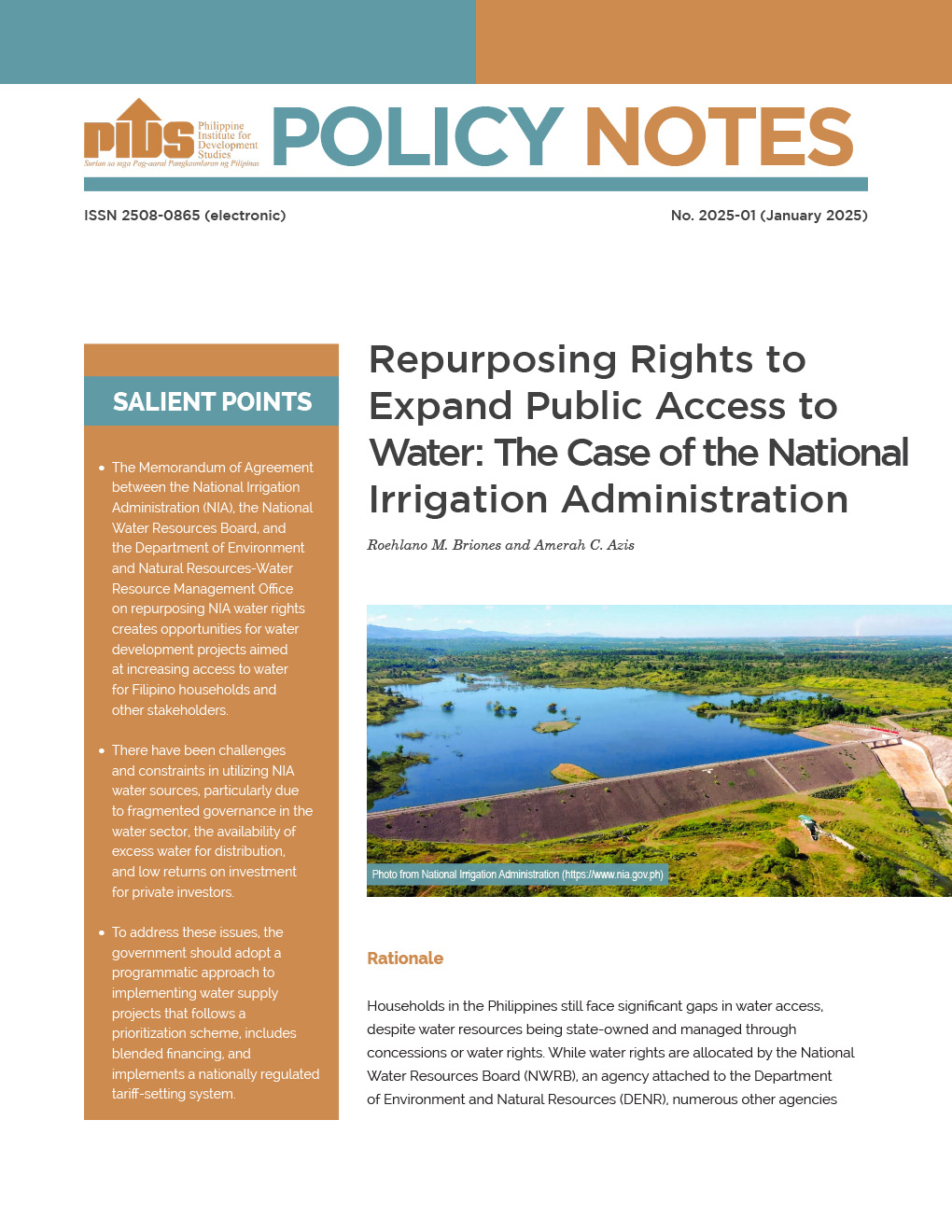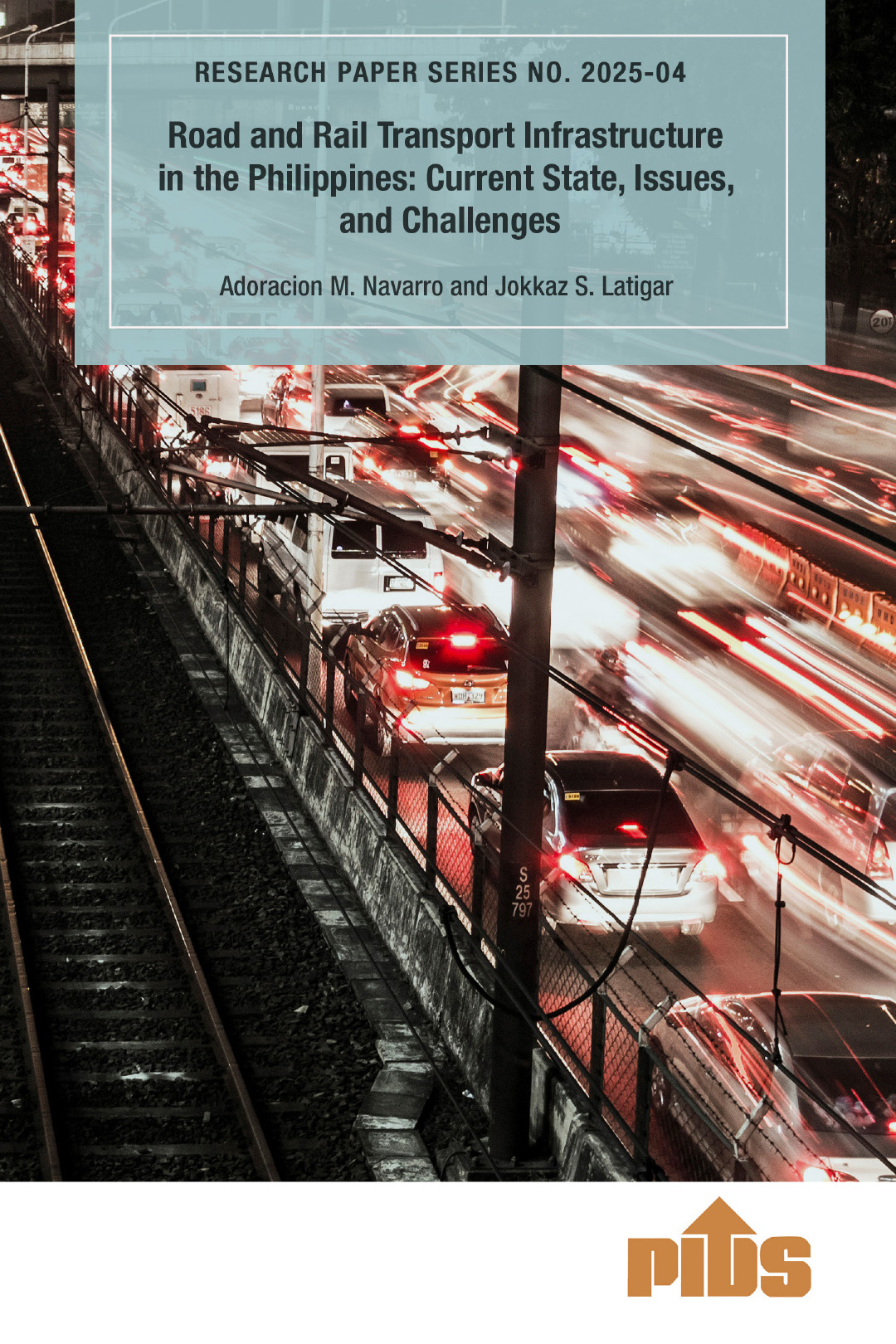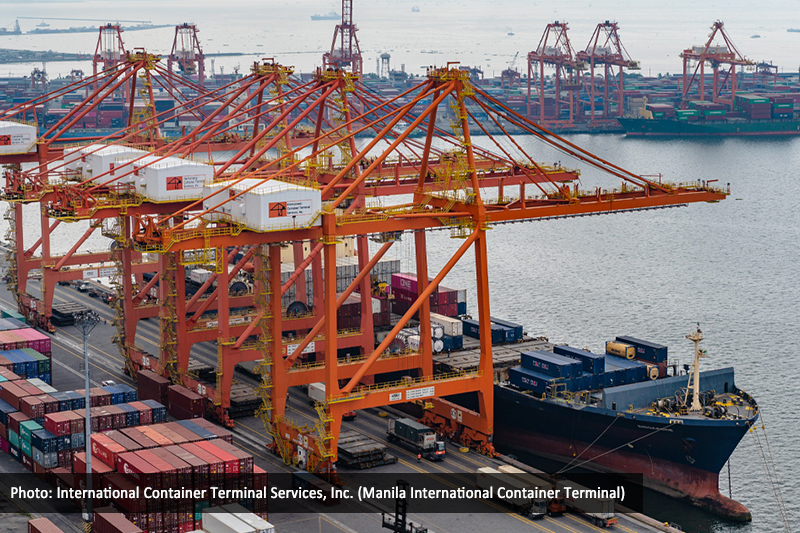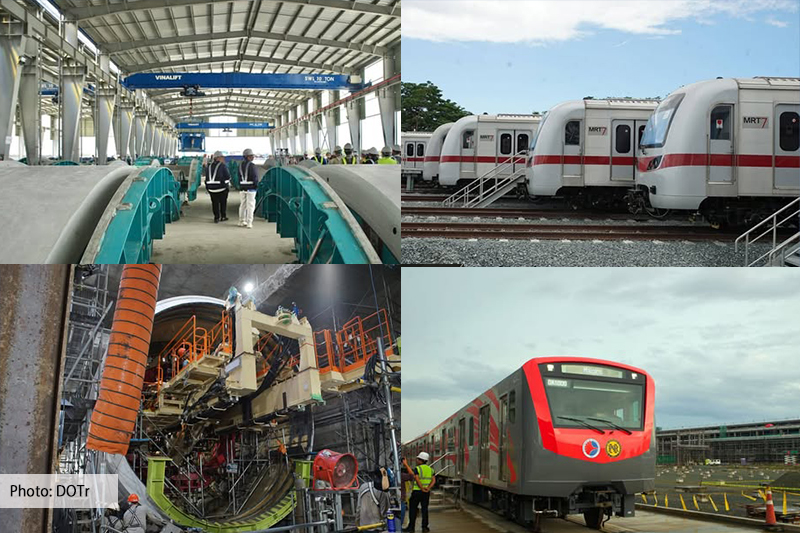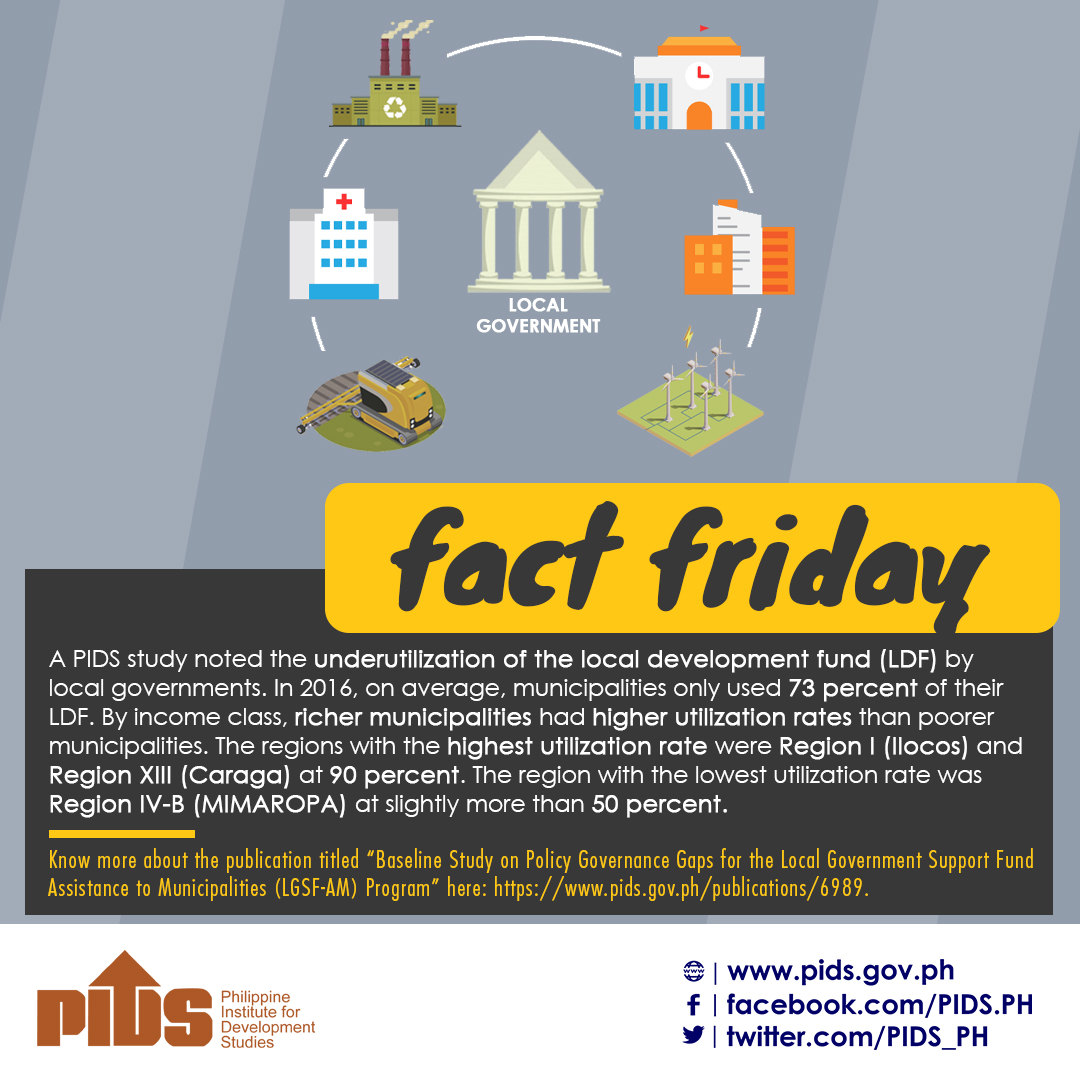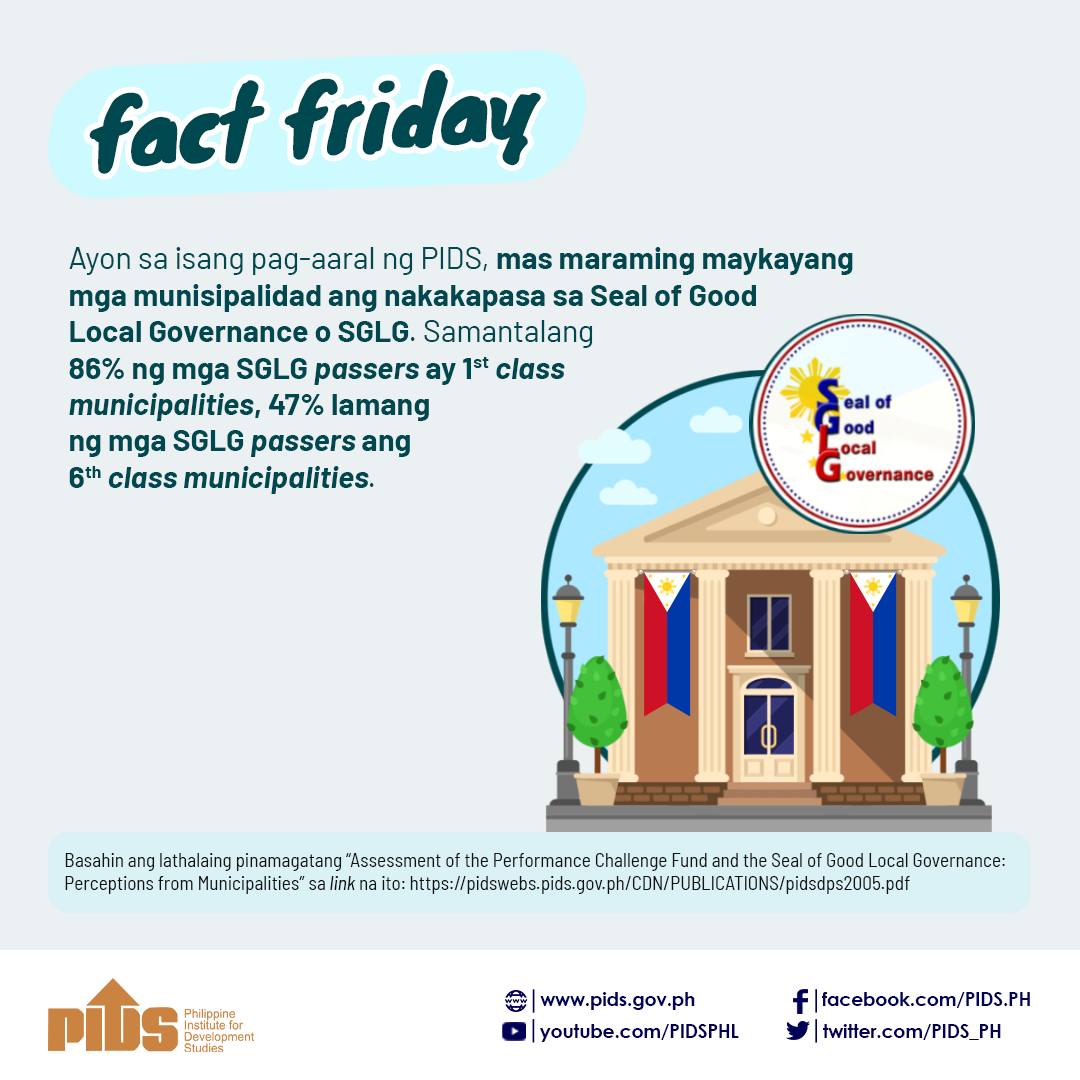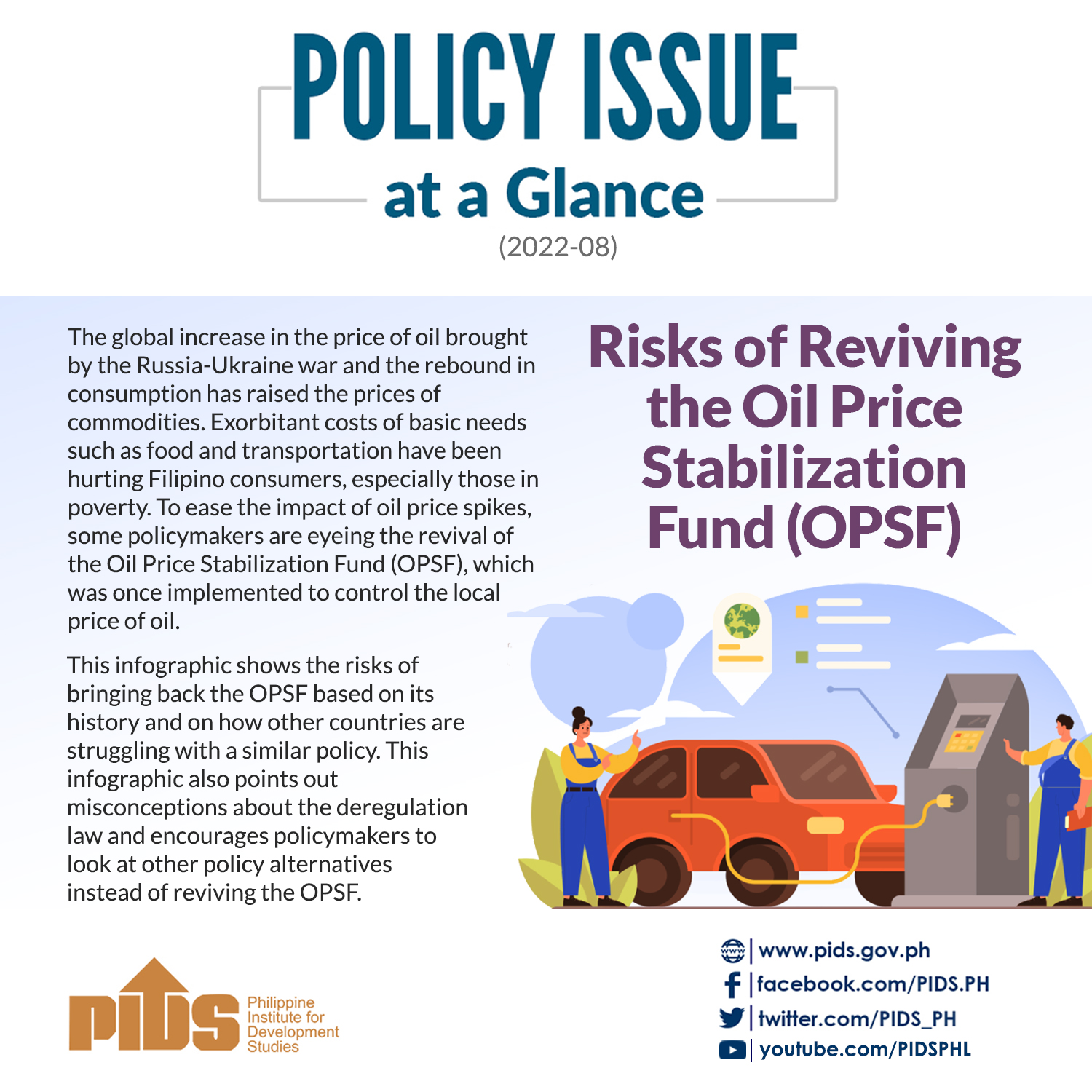MANILA - Instead of trying to stabilize the prices of oil to mitigate its effect on the economy, a recent study from the main government think-tank Philippine Institute for Development Studies (PIDS) said the government should do the opposite instead— strengthen oil deregulation.
Talks about reviving the OPSF have surfaced once again after a slew of oil price increases emerged mainly due to the Ukraine-Russia war, affecting most Filipinos and even prompting President-elect Ferdinand “Bongbong” Marcos Jr. to consider subsidizing oil through the oil price stabilization fund (OPSF).
"It is not price stabilization that we should be targeting, it’s not the lower prices that should be the objective but fair prices,” PIDS Senior Research Fellow Dr. Adoracion Navarro said during a PIDS webinar Thursday.
In her study, Navarro concluded that reviving the OPSF "will be anti- poor".
She said instead of targeting the poor— oil price reduction will benefit the rich since they consume more fuel.
"The richest 20%, they're spending on fuel is about 50% of the total fuel expenditure. Compare that with the poorest 10%. Their fuel spending is 1.39%. The second poorest decile- 2.67%. So the poorest 20%, their total fuel spending is only close to 4% of the total fuel expenditure. So those who can very well afford fuel price increases will stand to benefit more.. if we will suspend the fuel excise taxes," Navarro said, citing figures from the Philippine Statistics Authority.
Since the OPSF may likely be dependent on the national budget, this may displace funding that should be allotted for anti-poverty programs.
"Reviving the OPSF will likely result in the national government having to bail out the special fund using the general fund, displacing funding for anti- poverty programs in the process… Instead of being self-financing, the OPSF had to receive transfers from the national government. In 1990, the transfer was huge, it was P5 billion, equivalent to P25 billion," Navarro said.
She added that OPSF will also be "very costly".
"Administering the OPSF will be very costly, and the huge cost will be disproportionately borne by the poor," she said.
The government may also use OPSF for other purposes, as what happened before.
"In 1992, legislators allowed the use of the OPSF for the payment of capital stock subscription to the National Power Corporation," Navarro noted.
PROMISES OF DEREGULATION
While the oil deregulation law never guaranteed lowering of prices, it did however promised “a truly competitive market under a regime of fair prices”, Navarro said, noting the market share of the "Big Three" oil players- Petron, Shell and Caltex- have decreased as the policy accommodated new players,
"The market share of the big 3…in 1998 they dominated the downstream oil industry. But in 2021, the share of the big three, no smaller than 49%. In fact, there are now 400 firms participating, with a cumulative investment of P209.5 billion," Navarro said.
And based on 3 independent reviews, their profit margins were deemed "reasonable".
"In fact the average return on equity by firms even declined after deregulation," she said.
POSSIBLE POLICY RESPONSES
Instead of OPSF, Navarro recommended a strategy of "reform durability" through "lock-in reforms".
"By making commitments to stay the course through legislative amendments and supplemental issuances that cement and improve, rather than reverse the reforms," she explained.
The government can adapt the following: legislating minimum inventory requirement (MIR), retail price unbundling, and implementing strategic oil reserves.
According to the study, the DOE through "Department Circulars requires 30 days of supply for refiners, 7 days for LPG supplies, and 15 days for all other oil companies and bulk suppliers" as their minimum inventory requirement.
"What is needed is to legislate this policy because it will guarantee continuous domestic supply, discourage fly- by- night operators," Navarro said.
As proposed in Congress, “retail price unbundling aims to separate petroleum prices based on its components such as landed costs, handling costs, marketing costs and transshipment costs.
"This will promote transparency and fair pricing, helping spot anti- competitive practices such as predatory pricing or even smuggling.. however is currently opposed by industry players," Navarro said.
On the other hand, the government can participate in oil reserves "as long as it is clear that the government- owned oil stocks are strictly for contingencies and not meant to compete with the private sector," the study said.
"This is already being implemented in our Asian neighbors- Japan, South Korea, China, Thailand, Taiwan," Navarro noted.
Instead of suspending the fuel excise tax exemption, the government can be more "generous" in implementing targeted subsidy programs.
"Targeting those most affected…through subsidies is a better option, but there need to be improvements in the timing, coordination and efficiency in distribution as well as the generousness of amounts," Navarro suggested.
The government can also adopt other energy efficiency programs and diversification of energy supply sources.
"We need to improve the enforcement of existing renewable energy- related laws.. we need to be serious in pursuing the activities and strategies related to indigenous oil and gas exploration and development," Navarro said.
MIXED RESPONSE
The Department of Energy said they "support the targeted relief program" and agrees that the allocation for programs are "small".
"Probably we can revisit the allocation," DOE Dir. Rino Abad said.
While MIRs can help guarantee an undisrupted supply of oil, it may be "impossible" for oil companies to implement.
"This will involve massive capital infusion: additional land, storage tanks, infrastructure and the cost of inventory itself," Executive Director of the Philippine Institute of Petroleum Raphael Capinpin said.
"Construction of tanks is equally expensive.. will range between 2 million to 4 million pesos per kilo barrel, that’s only 150 thousand liters," he added.
Capinpin believes the current MIR is "already sufficient".
"My conclusion on the idea of increasing MIR, the current MIR of 30 days for refiners, 15 days for importers, and 7 days for LPG players is already sufficient. Many oil players already exceed it. Take note that majority of the oil imported by the Philippines is within 5-10 selling time only," he said.
But Capinpin urged government to “seriously consider” amending the oil deregulation law.
"Every time prices of fuel goes up, or there are significant geo- political events the clamor and the noise to amend the oil deregulation law comes alive. However when prices are already stable, there is no talk about it. Let us be wary of knee- jerk reactions…we now see healthy competition, tax collection is an all time high, the big three does not exist anymore. We enjoy better facilities, quality products. We all need to seriously consider whether amending the law or reviving the OPSF as a reaction to global prices will do more harm than good," Capinpin said.

